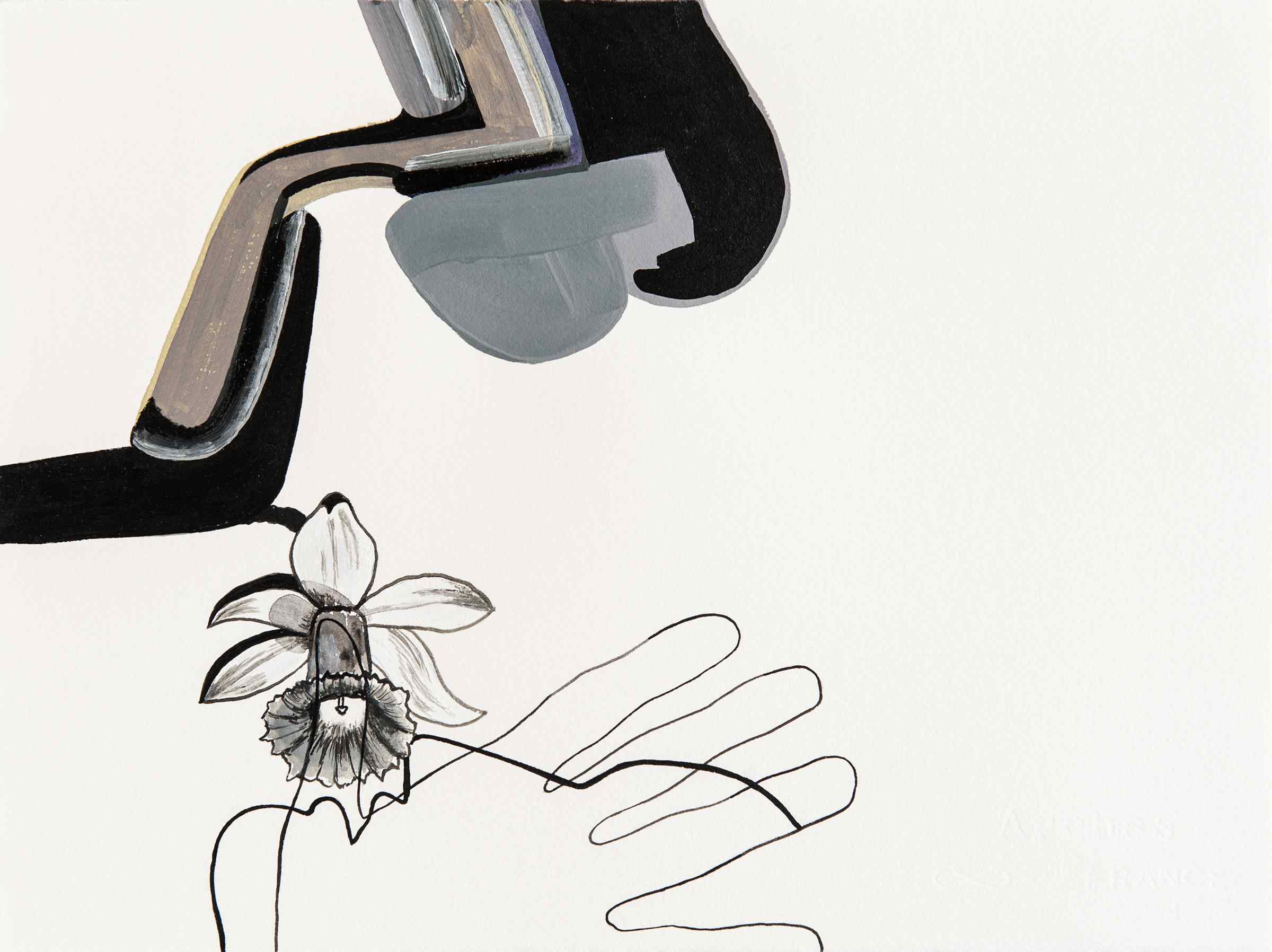
Our Masters

Sringarapadyavali
Sringarapadyavali presents a Sanskrit verse translation of two hundred selected Tamil poems on the subject of Iove; it also presents English verse translation of the same verses and a brief account of the many conventions governing Tamil love poetry. Some of them relate the sentiment to the physical background; for example, secret love develops in the hill slopes while separation is presented in the background of grassy meadows. Throughout the work, love is presented at the highest level and sex)’, obscene observations are totally absent. Idealised love is portrayed against exquisitely drawn natural background which reinforced the sentiment. A book of transcendental aesthetic appeal that is bound to please as well as elevate the mood of the reader.
The girl to her friend
If only those that can leave behind
Their devoted wives and the bond of love
And compassion and consideration
Can be termed stout of heart
Let him cam the vaulted title!
And let me get the sobriquet
Of the scatter-brain, I shall not mind!
(Kuruntokai 20)
The friend to the girl who is anguished at the signs that the husband intends to journey to distant lands:
On the slope of the hill, the ‘kadamba’ tree Brings
Forth clusters of flowers with a whorl.
Your forehead, dear, gives off the same Sweet perfume
As the kadamba bloom
Which young man will leave behind
His loving wife in the height of Spring
Condemned to a life of lonely tears!
If he goes, you go with him!
..
(Kuruntokai 22)
The girl to herself:
The neem tree is in full bloom now
And its flowers fetch a price in the market
But what is the use of such wealth coming,
With the lord of my heart away from me?
He has been gone for so long a time
And the wagging tongues of village women
Have lashed me in my grief to a pulp
Even like the fruit of the fig tree growing
On the bank of river crushed by a swarm of eager crabs to a
Shapeless mass

(Kuruntokai 24)
The girl to the friend in the presence of tile Brahmin messenger sent by her erring husband:
This boy is young but what a speaker!
If he speaks like this before us, strangers
How will he harangue his village gathering!
He looks weak eating the food
He can get by seeking alms
As prescribed for the people of his caste.
He sure must like a well-cooked feast!
(Kuruntokai 33)
The girl to the friend :
My eyes in truth are shameless!
For, when the chief was starting
On his planned journey
They gave him silent leave.
But now with the winter’s wind
Bitter, cold and damp
That carries drops of water,
That has broken open the bud
Of the sugarcane, well-nourished
That looks like the swollen womb
Of a green snake, big with child,
My eyes are shedding tears,
Copious, shameless tears!
(Kuruntokai 35)
The girl to the friend who rebuked her on her inability to keep her grief under control :
Listen to this, dearest! He came last night –
The king of liars – and embraced me
Body to body, it was a dream
But one that looked so true, so real
I woke up and kept on stroking the bed!
I am crushed to pulp by last night’s dream
Even like a blue-bell trodden under
By swarms of bees gathering honey,
My condition, dear, is worth)’ of pity!
(Kuruntokai 30)
The boy to himself in a depressed mood when his ladylove has not encouraged his advances :
If one can tell the morning from
The noon and the evening and the hours of the night
When the whole world falls fast asleep,
Then one is not in love, for certain.
And if to mount a palm-leaf horse and move
In the streets of the city inviting
Popular ridicule is a shameful thing,
To keep alive is shameful, too,
If she and I are separated.
(Kuruntokai 32)
Translated by A. V. Subramanian (born 27 November 1924) joined Indian Railways in 1948 as a Probationary Officer. Served in many parts of India and retired as Additional General Manager, Southern Railway in 1982. Delivered lectures on literature, religion and philosophy in many places in India. Went on lecture tours to USA, Canada, Malaysia, Singapore, Italy, France and UK. Has written over 80 books on a variety of subjects. Out of them, three present his Sanskrit poems. Over 30 of them are on aesthetics and literary criticism. Has developed an original theory of aesthetics based on Neurology. Has presented many innovative concepts in aesthetics in his books. Secured a number of prizes and citations; been honoured by the Tamil Nadu State Government and by reputed literary organizations devoted to the development• of Sanskrit and Tamil.

